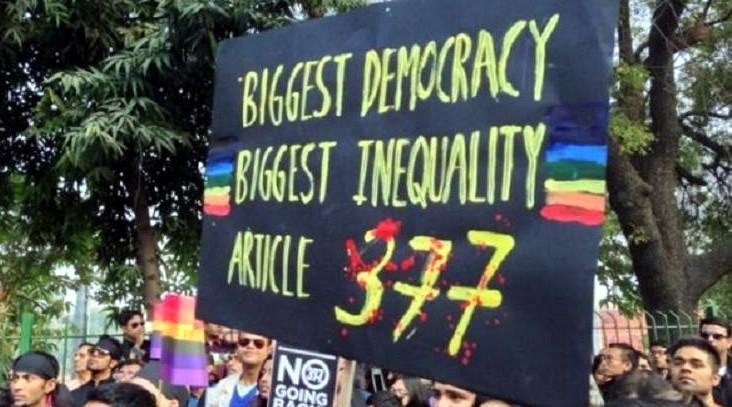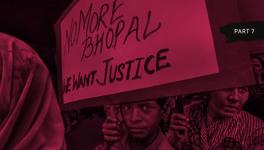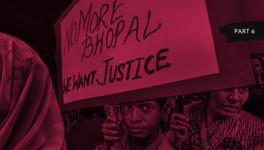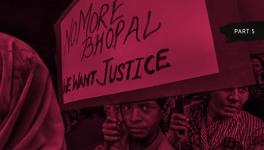Some Sunshine for the Indian Rainbow as SC Decides to Review Section 377

Image Courtesy: Sabrang
In marked departure from its previous stand, the Supreme Court of India has decided to review section 377 of the Indian Penal Code. The said section deals with ‘unnatural sex’ and has hitherto been used to harass and criminalise sexual activity involving members of the Lesbian Gay Bisexual Transgender Queer Intersex (LGBTQI) community. The SC was responding to a plea by five members of the LGBTQI community who claimed they live in fear of police because of their sexual orientation. The SC has now decided to constitute a bench to review section 377.
The move has been welcomed by activists as well as members of the community alike. "This is a sign that modern India is determined to take small but certain steps towards treating all citizens with equal dignity. This also shows that the Indian Supreme Court is committed to playing its role in empowering all citizens and putting an end to discrimination on the basis of gender or sexuality," says equal rights activist Harish Iyer. "However, I am cautiously optimistic as this party has been cut short once before," adds Iyer referring to how the SC had in December 2013 set aside the Delhi High Court's 2009 landmark judgment that had originally decriminalised 'unnatural sex'.
The Humsafar Trust, one of India's oldest and most committed LGBTQI support groups and resource centres has welcomed the SC's decision. In a statement the Humsafar Trust said,
We at The Humsafar Trust are very pleased with this proceeding on Section 377. However, it is important to remember that it is not the end. The fight is still on and we are hoping for the Curative Petition and the larger bench to bring such a positive judgment as well.
At this time, we want to emphasise that we are not asking for any special rights. We are asking for the constitutional rights given to any citizen in the country. In the past few years the ball has been rolling in our favour with the NALSA judgement which gave rights to Transgender persons and the Right to privacy judgement.
What does the law say?
According to section 377 of the IPC:
“Whoever voluntarily has carnal intercourse against the order of nature with any man, woman or animal, shall be punished with 1[imprisonment for life], or with imprisonment of either description for a term which may extend to ten years, and shall also be liable to fine. Explanation.—Penetration is sufficient to constitute the carnal intercourse necessary to the offence described in this section.”
Small victories and big setbacks
In July 2009, the Delhi High Court had decriminalised section 377 with respect to sexual intercourse between consenting adults. This came as a huge relief to India's vibrant LGBTQI community that had often faced discrimination, blackmail and even violence due to their sexuality. The case summary of the Naz Foundation vs Govt of NCT case may be read here.
However, in December 2013, the Supreme Court set aside that order effectively recriminalising sexual acts under the section. This pushed many of India's Rainbow people back into the closet due to fear of potential renewed persecution. The SC judgment of Dec 2013 may be read here.
However, SC Justice Chandrachud provided a ray of hope when he left a backdoor to possible reforms by way of mentioning privacy in the context of the LGBT community in the landmark privacy judgment of August 2017. The entire Right to Privacy judgment may be read here.
Get the latest reports & analysis with people's perspective on Protests, movements & deep analytical videos, discussions of the current affairs in your Telegram app. Subscribe to NewsClick's Telegram channel & get Real-Time updates on stories, as they get published on our website.
























